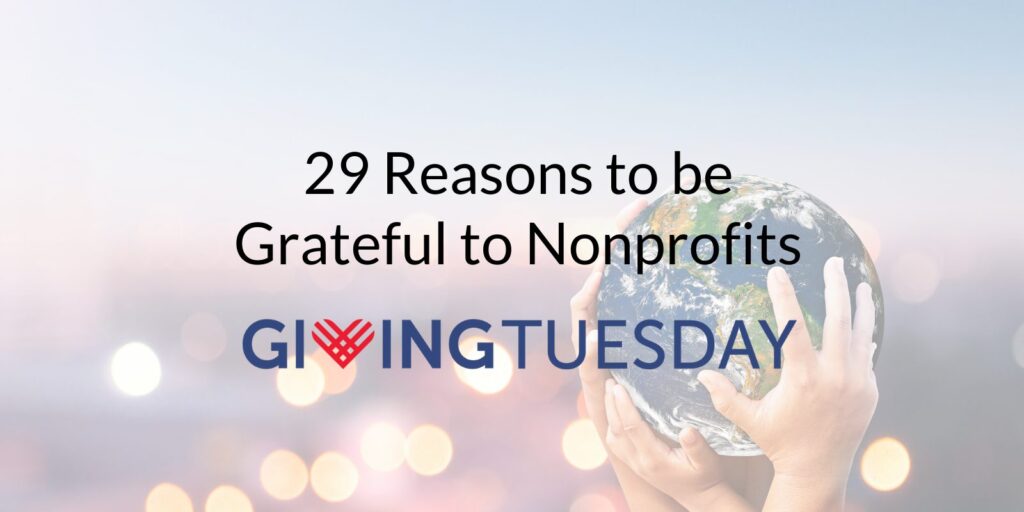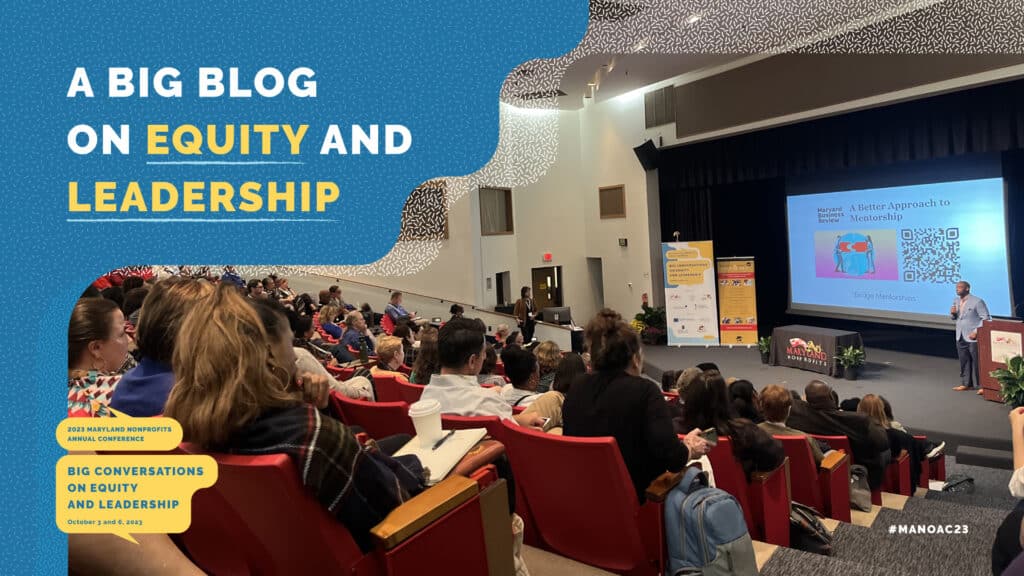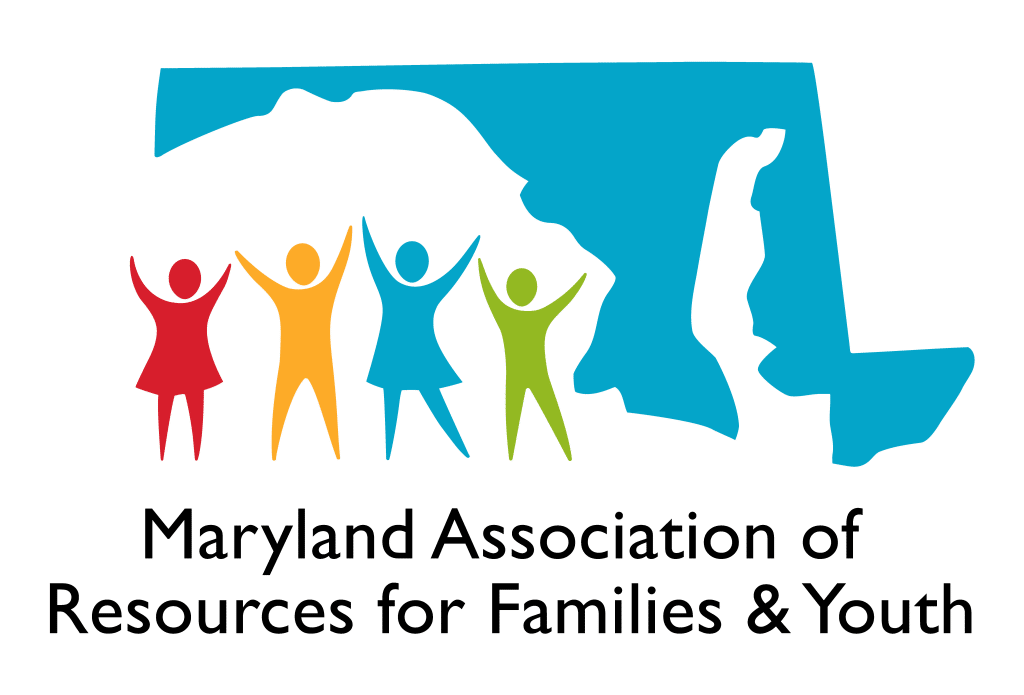As I was filling in my mail in ballot earlier this week, I was struck by the number of ballot questions posed to voters in my county this year. Questions about funding for public schools, preservation, refuse facilities, waterways and a state constitutional amendment were posed to voters– just to name a few. I was reminded of the line in the Public Awareness, Engagement and Advocacy Guiding Principle of the Standards for Excellence: An Ethics and Accountability Code for the Nonprofit Sector which states, “When appropriate to advance the organization’s mission, nonprofits should engage in promoting public participation in community affairs and elections. As such, they should communicate in an effective manner to educate, inform, and engage the public.” This section of the Standards for Excellence sometimes creates confusion because as nonprofit staff and leaders, we are preconditioned to the fact that nonprofits must remain nonpartisan in our activities and by extension, we often assume that we are not permitted to engage in election related activity.
That’s an important distinction to make. While nonprofits must remain fiercely nonpartisan in all times and especially during election season, nonprofits CAN engage in elections through issue related advocacy on ballot measures. The Alliance for Justice’s publication, The Rules of the Game: A Guide to Election Related Activities for 501c3 Organizations, provides a helpful discussion of 501(c)(3) lobbying and ballot measures. Not only are there bond measures, but there are also ballot initiatives, constitutional amendments, and referenda- all of which are treated as “legislation” by the federal tax law and as such nonprofits are permitted involvement in advocating for these election activities provided that they follow the IRS rules on lobbying as well as state lobbying laws. Depending upon whether a nonprofit is covered by the default substantiality principle (typically assumed to be efforts that are kept to under 5 % of their overall activity) or if they have taken the 501(h) election where election related ballot measures are considered direct lobbying and subject to the spending limits of the 501(h) election process, lobbying and advocating on these issues is permissible activity provided the rules are followed. Urging voters to support ballot measures in Maryland does not constitute ‘lobbying activity’ under state ethics rules. However, an entity that raises funds for the purpose of supporting ballot measure advocacy would be required to register and report to the state board of elections as a ‘political committee’. That’s not the case if the advocacy is simply paid out ‘general funds.’
For more information on this subject, we encourage you to check out the Standards for Excellence educational resource packet, Advancing the Mission through Public Policy which includes: a discussion on the fact that advocacy and lobbying are legal, definitions of key terms like advocacy and lobbying, allowable lobbying activity, registration and disclosure of lobbying activity. Sample policies on advocacy and public policy are provided as well.
This educational resource packet and the full series of all packets – including sample policies, tools and model procedures to help nonprofits achieve best practices in their governance and management – can be accessed by contacting a licensed Standards for Excellence replication partner, one of the over 150 Standards for Excellence Licensed Consultants, or by becoming a member of the Standards for Excellence Institute.

Amy Coates Madsen is the Director of Programs for Maryland Nonprofits and the Director of the Standards for Excellence Institute, a national initiative to promote the highest standards of ethics and accountability in nonprofit governance, management, and operations, and to facilitate adherence to standards by all organizations. The Standards for Excellence Institute is a program of the Maryland Association of Nonprofit Organizations where Amy has served for more than twenty-four years. Amy is responsible for coordinating all aspects of the association’s comprehensive ethics and accountability program and efforts to replicate the program nationally. She serves as a frequent trainer and writer in the areas of board conduct, program evaluation, program replication, fundraising ethics, and nonprofit management. She has taught courses on nonprofit ethics and accountability at the Johns Hopkins Institute for Policy Studies Certificate Program on Nonprofit Management.







